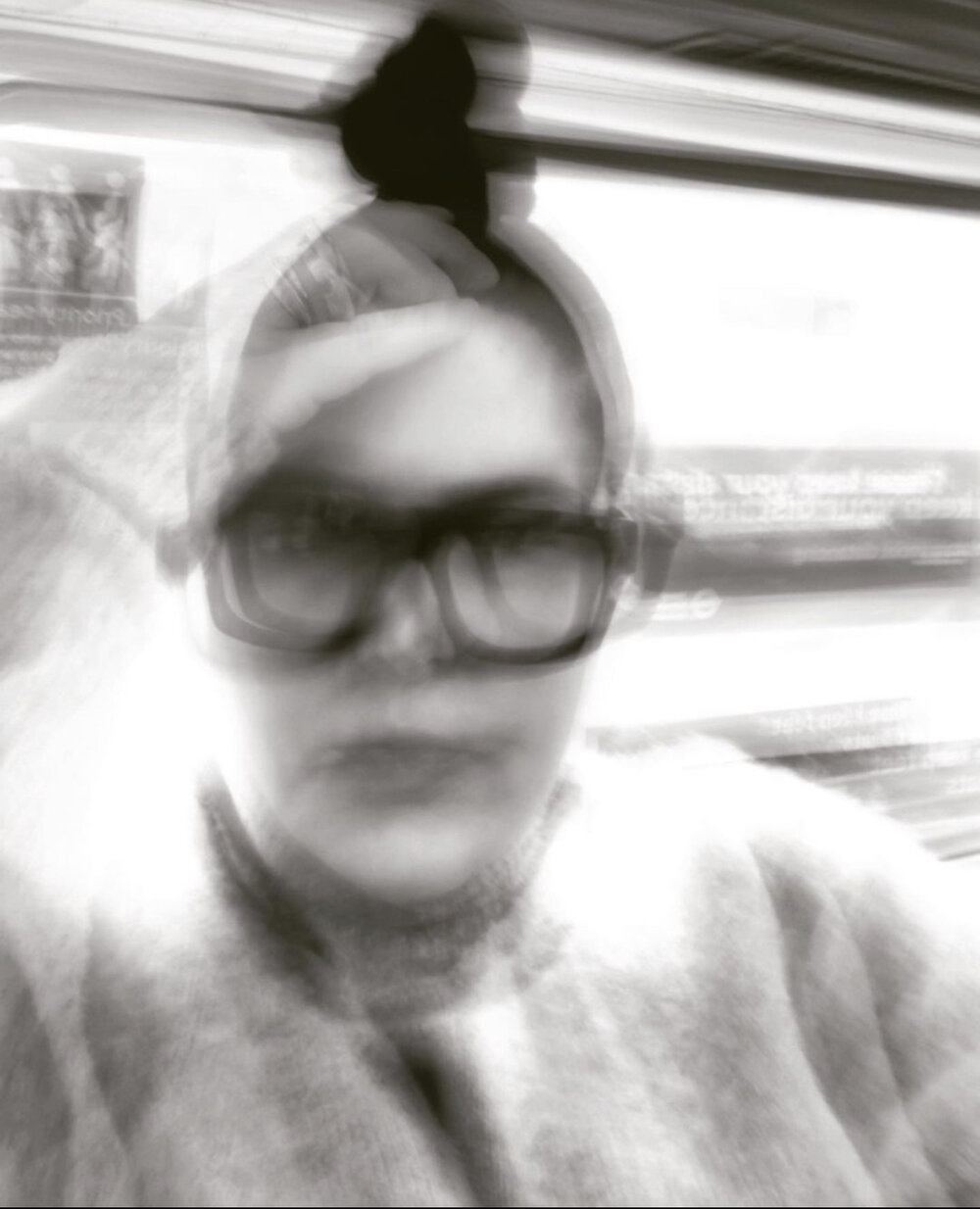Who owns fashion?
The Unbiased Label podcast seeks to uncover the answer to this question in the podcast’s second season.
The season launched with this question displayed on a billboard in Times Square, calling for a response to create space for open, unbiased dialogue addressing fashion’s responsibility in solving complex global, social, and environmental issues. Through collective fashion ownership, the podcast’s creator and host Zara Korutz believes that we can create a shared power of voice to hold constructive dialogues that inspire change.
This week, Unbiased Label released its latest episode, “Fashion No Filter,” featuring designer and fashion educator, Simon Ungless. Korutz and Ungless discuss Ungless’ take on fashion education and his career trajectory.
In addition to Ungless, Season 2 guests include Fiona Sinclair Scott, Tokyo James, Ted Gibson, Hanan Besovic, and Dr. Carolyn Mair. The show has previously featured guests such as Odunayo Ojo, Dr. Benjamin Wild, Mykel C. Smith, Mukul Bhatia, and Finnegan Shepard.
We caught up with Korutz to hear more about her background, her vision for the podcast, and where she hopes to see the future of fashion x culture.
Hi Zara, it’s wonderful to speak with you. Tell us a bit about your background and what you’re currently working on.
I’m a second-generation Slavic American currently living in England. My career background is definitely not linear. I’ve been a licensed freelance hairstylist for over 15 years. I also spent almost a decade in the media space with the majority of my time spent at The Washington Post where I worked in advertising and was a contributing editor for the fashion special section called FW. In 2020, I decided to move to London and pursue a fashion academic path studying on the MA Fashion Critical Studies course at Central Saint Martins under Dr. Jane Tynan. Now, I am working on my PhD examining the art of hair and fashion within the context of cultural history. I also lecture and host/produce the Unbiased Label podcast.
The podcast is at the intersection of fashion and culture. How do you define culture within the series and how do you explore these facets through your interviews?
Culture is such a complicated word that holds so much power. When we look at prolific scholars like Stuart Hall, he defines culture as interpretive tensions of identity and belonging within society. I tend to agree with this notion and see culture as how you live within social power structures linked to personal classifications like age, class, race, sexuality, gender, size, etc. I also think culture is shaped in context to global geographical locations and is reflected in all forms of art including fashion.
I am keen on having diversified cultural conversations from global perspectives so most of my interviews are with Women, LGBTQA+, Black, and Minority Ethnic guests from around the world discussing life and fashion. This season, I’ve partnered with the Asian Fashion Journal and Jaqueline Pham reporting from Vietnam. Her segment specifically looks at fashion through the lens of Asian culture.
What are some of your favorite moments from the series so far?
A massive fan moment for me was talking with Simon Ungless. During our video call Simon showed me a shirt from his private archives that he printed for McQueen’s AW 1996 Dante collection. It was extremely special and historical to see it and I cherish that moment and the conversation.
Your interviews take a critical look at the fashion industry. Why do you feel it’s important to take this academic and analytical view of the industry?
The short answer is I love fashion and take it very seriously.
For so long fashion has been a closed industry with gatekeepers. By opening up the conversation to include critical and academic analysis, it allows for not only different perspectives but also knowledge that is essential for change.
Fashion needs experts who are trained in specific areas like culture, technology, and environment. I believe that the relationship between industry and academia is crucial to solving complex issues in fashion and we see that relationship blossoming more and more today.
What is your hope for the future of fashion x culture?
The fashion industry is littered with pain for many people who feel they have been intentionally left out or marginalized. I believe that fashion can change the world by leading the way towards healing with visible inclusivity by normalizing differences. In 2021, it’s all about loving our authentic selves and celebrating each other in true Alber Albez style.
I’m excited for the emerging voices in fashion that are independent thought rather than institutionalized—they are leading with such a strong vision. My hope for the future is that there are more academics and cultural intermediary people invited into the fashion industry, allowing for critical thought and diversified perspectives to ensure equity is always present.
The Unbiased Label podcast can be accessed on most platforms including Apple, Google, Spotify — listen to the latest episode and more here.



